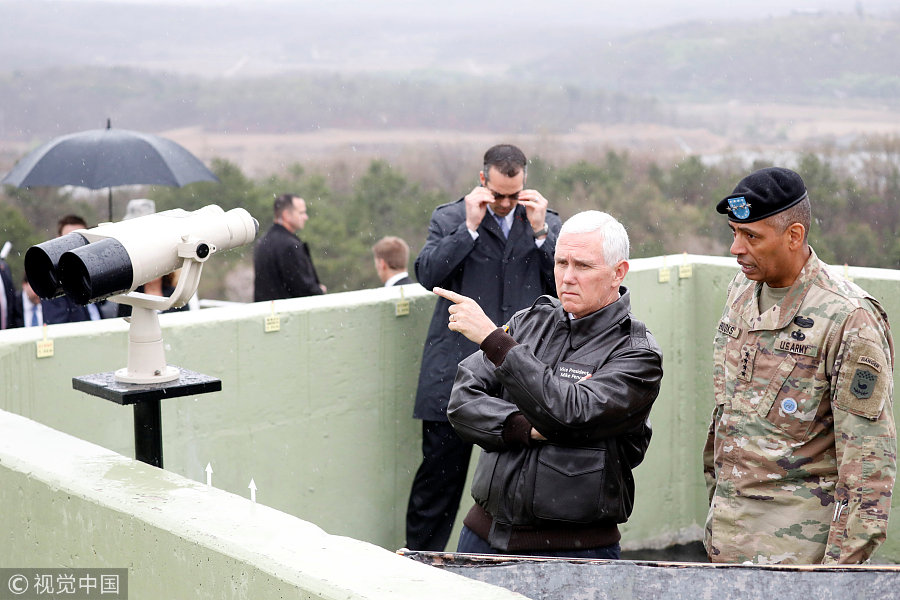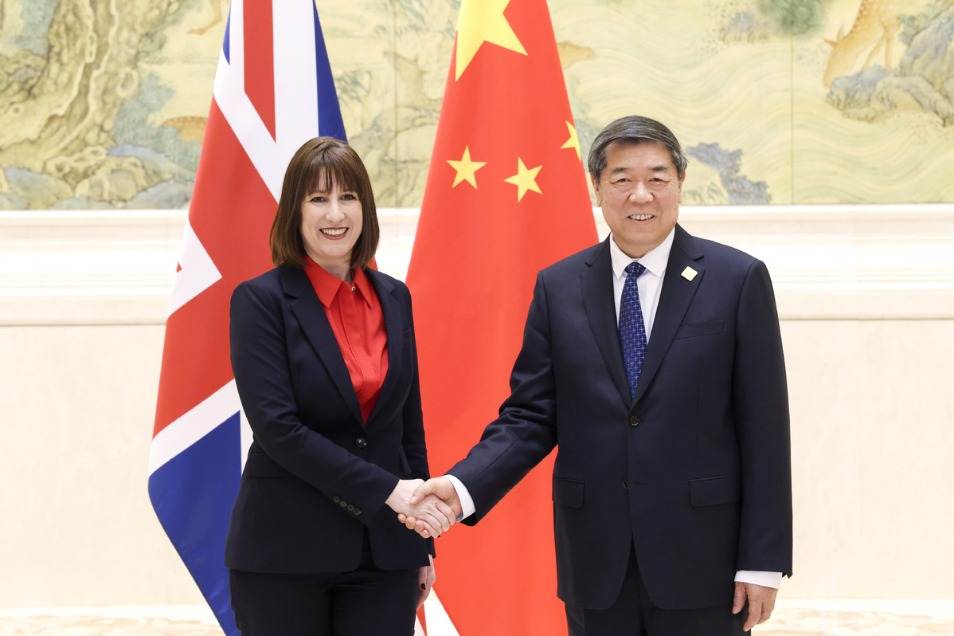Vancouver talks have only fueled peninsula tensions


Co-hosted by the United States and Canada, the gathering of the foreign ministers of the allies that fought on the side of the United States in the Korean War has further complicated what was already a grave crisis.
The participants claimed the meeting, which concluded on Tuesday, was held because it was their firm and shared desire to avoid a devastating conflict on the Korean Peninsula. Yet the signal it has sent has been exactly the opposite.
Held at a time when the Democratic People’s Republic of Korea and the Republic of Korea have been in direct communication for the first time in two years, the meeting invoked the battle lines of the past conflict, with China and Russia not invited to have a say in the proceedings.
Rather than nurturing the positive changes and working with all parties to jointly maintain the hard-won momentum for the resumption of talks, as President Xi Jinping has urged, the meeting once again reinforced the impression that the US is not interested in a solution that is in the interests of all, but rather in determining an end-state to the crisis that is of its choosing.
The talk in Vancouver was all about tougher sanctions and greater pressure on Pyongyang, with US Secretary of State Rex Tillerson once again warning the DPRK could trigger “a military response” if it did not mend its ways, and verifiably and irreversibly abandon all of its weapons of mass destruction.
It seems that trouble like beauty is in the eye of the beholder. For although the talks between Pyongyang and Seoul have not been directly engineered by the US and will not disarm the DPRK’s nuclear arsenal, and they may indeed be simply a ploy by Pyongyang to stall for time, they have at least helped ease what were becoming extremely acute and volatile tensions on the Korean Peninsula.
Instead of being greeted with a stick, the engagement between Pyongyang and Seoul should have been encouraged with the offering of a carrot.
Many times Washington has expressed the possibility of direct talks with Pyongyang, although on terms it defines.
For those terms to be met, it has to play its part by choosing the path of engagement and negotiation, instead of obstinately pursuing its own course that makes the prospects of finding a solution ever more remote each time an opportunity emerges.


































